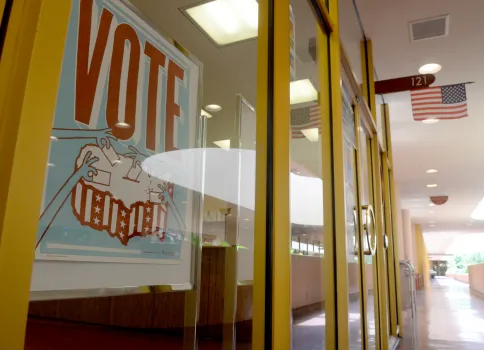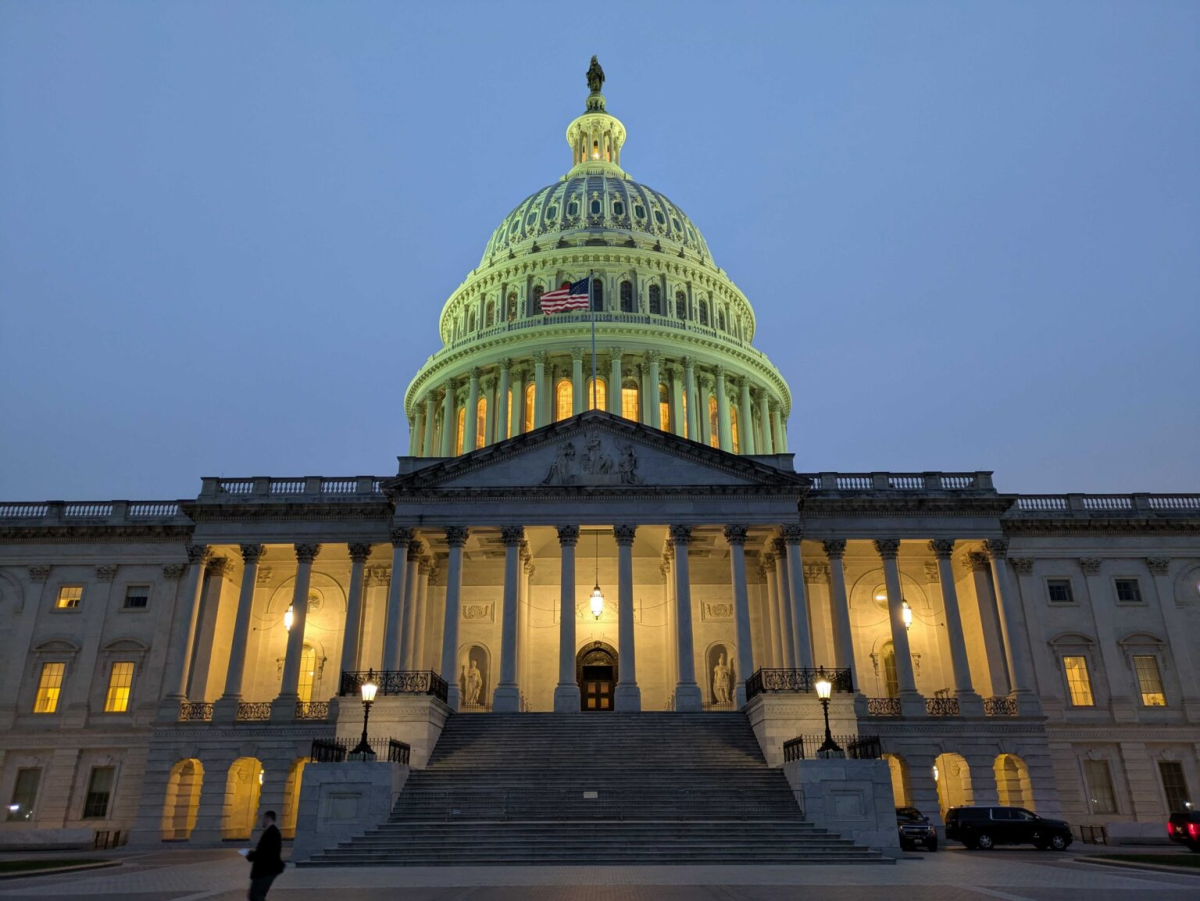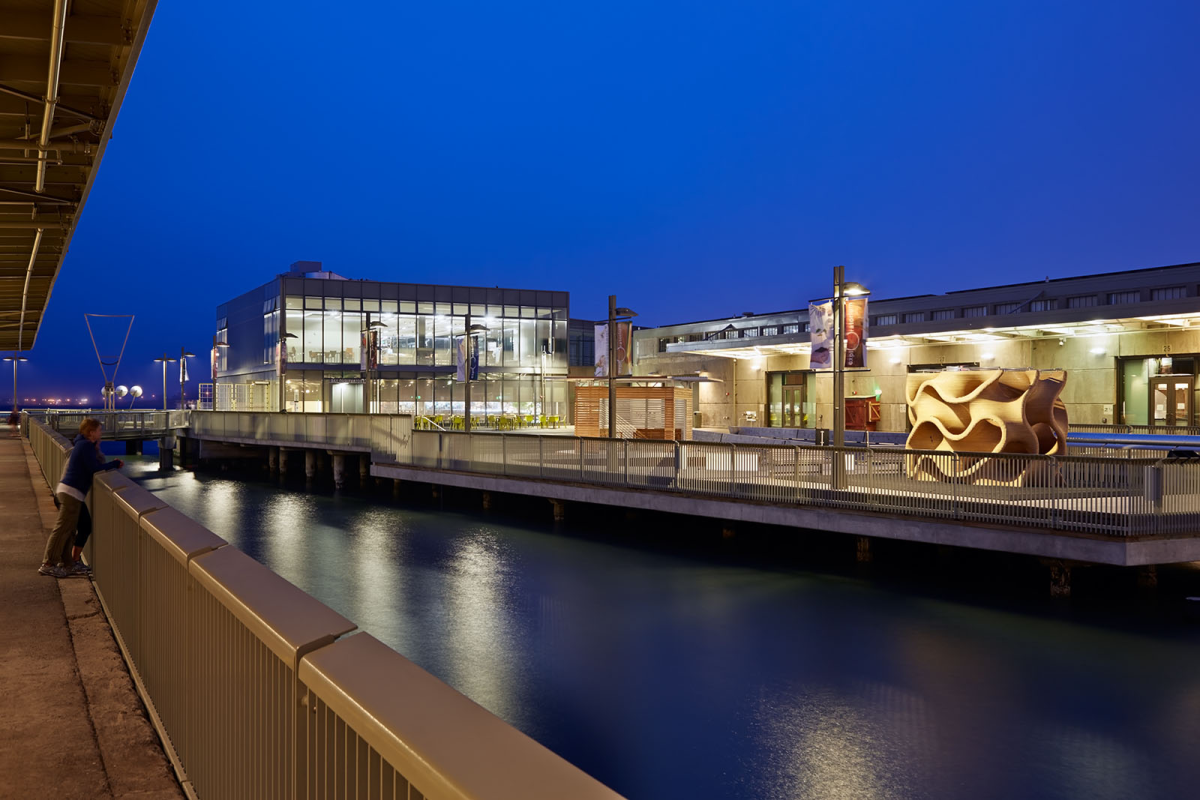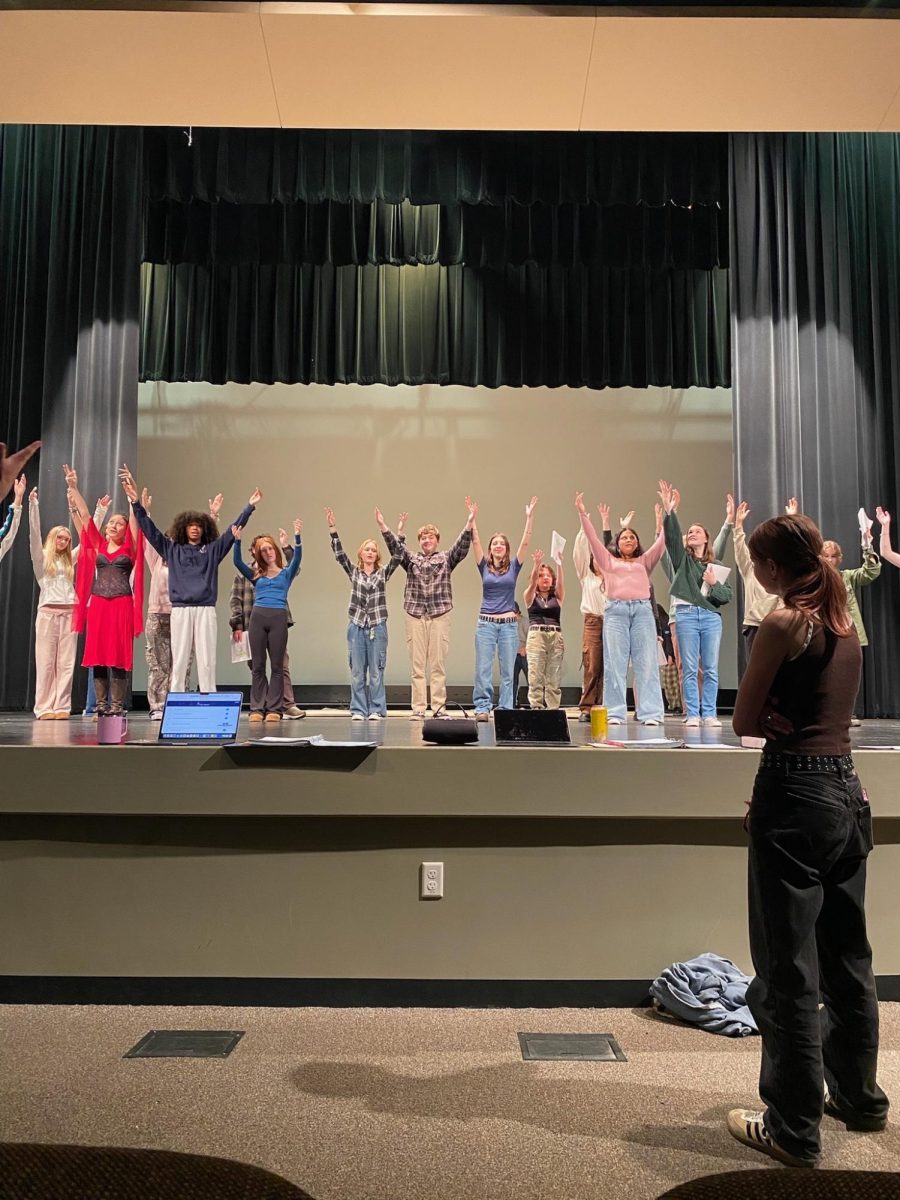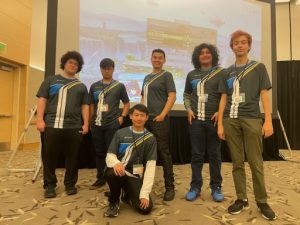Immigration Day Op-Ed
June 8, 2018
Although national news currently focuses on the barrage of hateful, xenophobic policies coming from the White House, the real battle for immigration reform, the laws that truly impact the lives of vulnerable people without documentation, is being waged in California. Don’t look to Pennsylvania Avenue for America’s verdict on the importance of immigrant protection: listen to the voices of migrant workers in the Central Valley; listen to the stories of struggling undocumented families in apartments in San Rafael, San Francisco, and Los Angeles. Listen to the testimonies of detained parents, separated from their children at the border. Listen to the hopes and hardships of Dreamers, American in every way except paperwork. Listen to the coalitions of trabajadoras (domestic workers), demanding fair treatment as they fuel our economy, yet remain vulnerable. Listen to the protests of students who rise, confronting injustice towards their undocumented peers.
These voices were amplified in California’s Capital on Immigrant Day, May 14th, when Californians from every corner of our Golden State congregated to demand that Sacramento listen. My classmates and I advocated for legislation that can lead to long-lasting, impactful change with Canal Alliance, a San Rafael Based nonprofit providing assistance to our local undocumented community. Though they offer a multitude of services, the most impactful is their advocacy opportunities which demonstrate the importance of standing up for immigrant rights. In order to assure the future of California as a beacon for equality, an economic powerhouse, and an exceptional example of diversity, we must not only help defend our immigrant communities, but fight for more laws that protect them, and thus the state as a whole.
As a student at Terra Linda High School, I witness firsthand the struggles of friends with undocumented family members and the anxiety which accompanies this lack of protection. Supporting a relatively large immigrant student body, our campus culture thrives off the acceptance and inclusion of all people. However, this environment is threatened not only by the toxic rhetoric propagated by the Trump administration but also the clear divide between students, still present at Terra Linda (and California as a whole), based on opportunities guaranteed by documentation.
I’ve been fortunate to grow up in an economically stable household with all the benefits of American citizenship: health care coverage, legal documentation, and general financial security. These shouldn’t be privileges of citizenship or socio-economic class. These should be rights, guaranteed to all, regardless of immigration status, and regardless of income. This rings especially true for communities of immigrants who have repeatedly shown their dedication towards participation in American society and their commitment to California’s economy. Sadly, nation and state-wide, many undocumented immigrants are denied the basic human necessities of healthcare and economic security and inclusion. No matter our cultural background, current status of documentation, or socioeconomic standing, the legislation we advocated for in Sacramento impacts all Californians through the shared goal of constructing a healthier society for all.
Specifically, SB 974 (Health for All Adults Act) serves to provide immigrants over the age of 18 who are denied access to Federal Medicaid programs with the insurance and health benefits accompanied by Medi-Cal. Although minors can receive Medi-Cal benefits regardless of immigration status, many undocumented adults still lack health insurance coverage. This bill’s significance is compounded by the fact immigrants are disproportionately affected by poverty. Extending the eligibility of these healthcare programs incorporated with Medi-Cal to all California residents will aid many lower-income undocumented families currently deprived of access to affordable healthcare. No family should have to choose between a visit to the hospital or money for other basic necessities. However, this discrimination persists and lower-income immigrants are forced to continue the daily risk of life without health insurance. At Terra Linda, the ratification of SB 974 would ease the anxiety of undocumented students who currently worry about the fates of their parents lacking insurance coverage. I look forward to a future where the main concern of my classmates is homework, not insecurity regarding healthcare coverage.
On an economic level, the two bills AB 2066 (Strengthening California Earned Income Tax Credit) and AB 2184 (Immigrant Business Inclusion Act) increase business opportunities and offer financial assistance to undocumented immigrants. Though California’s thriving economy has been established by the resourceful, entrepreneurial spirit, hard work and dedication of immigrants, recent immigrants still suffer from less inclusion into California’s economy; business opportunities and job applications are still heavily defined by documentation, specifically social security numbers. AB 2184 would help those who lack social security numbers, but still want to participate in society, by accepting and normalizing other means of identification, such as driver’s license or taxpayer identification numbers. AB 2066 proposes a rework of California’s Earned Income Tax Credit that includes low-income, struggling undocumented immigrants into the same tax support programs available to citizens. Working immigrant families already contribute heavily to California’s economy and pay tens of billions of dollars in state and local taxes, though many remain in poverty. This bill would help end the economic inequality facing these families despite participation in the workforce. Immigrants and their labor remain instrumental in the development of California: these progressive bills will recognize their countless, often thankless contributions.







